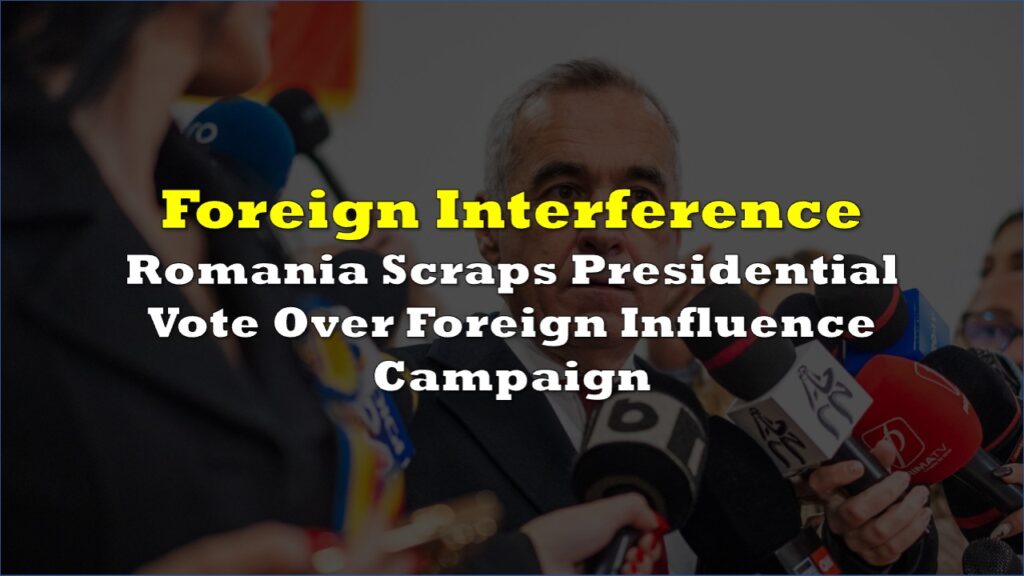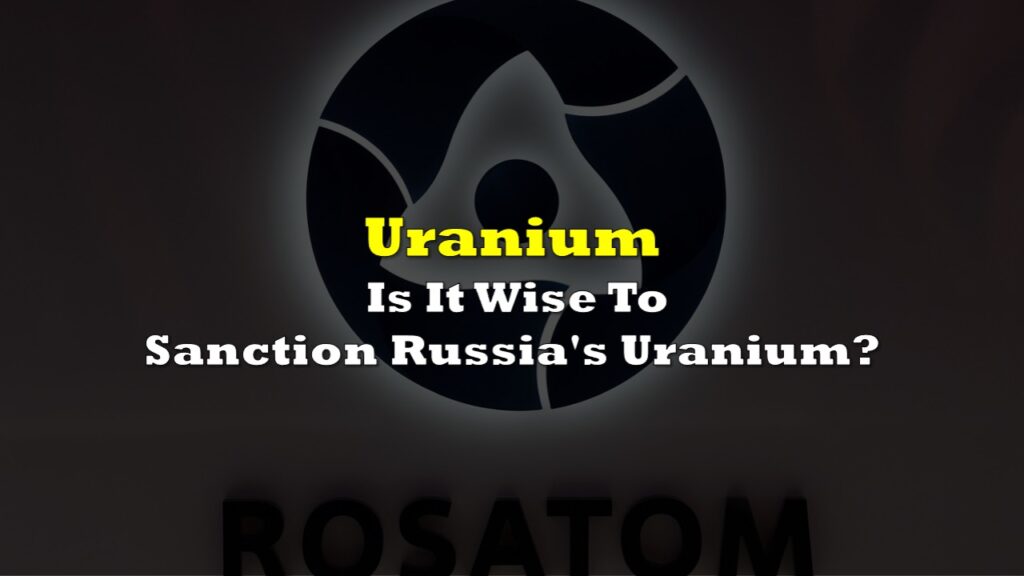Consumers are bracing for a significant surge in food prices as Russian suppliers of essential goods, including bread, dairy, chocolate, and beer, have announced impending price hikes of up to 40%. The increases, which are set to take effect between August and September, reflect the growing economic pressures within the country as inflation, expensive loans, and rising costs across the supply chain take their toll.
According to the business daily Kommersant, at least 13 companies have notified retailers of the upcoming price increases. These include major producers like Karavai, a bread manufacturer, and global chocolate makers like Germany’s Ritter Sport and the American multinational Mars, Inc.
The price adjustments are not minor—Ritter Sport plans a 40% hike starting September 1, while Mars intends to raise the prices of its Dove chocolates by 19% and its Skittles candies by 13% beginning September 9.
The reasons behind these price hikes are multifaceted. High inflation, expensive loans, and rising costs for shipping, personnel, packaging, and raw materials have all contributed to the need for price adjustments. A source within the retail market, who spoke to Kommersant on condition of anonymity, attributed much of the rising borrowing costs to the Russian Central Bank’s ongoing interest rate hikes.
“This isn’t the first time bakery and chocolate products have gotten more expensive this year,” Igor Karavayev, chairman of the Retail Companies Association ACORT, told Kommersant.
The price hikes are expected to be rolled out in stages, with retailers likely to attempt to absorb some of the initial increases to mitigate the impact on consumers. However, with food prices in Russia already up by 9.67% in July compared to the same period last year, the cumulative effect of these new hikes could significantly strain household budgets.
For many Russians, who are already feeling the pinch of rising costs, these increases in essential goods will be a bitter pill to swallow. Bread, dairy, and chocolate are staples in the Russian diet, and any substantial rise in their prices is likely to be felt across the socio-economic spectrum.
The Russian government has, in the past, attempted to control food prices through various measures, including subsidies and price caps on essential goods. However, these measures have often been temporary solutions to deeper economic issues.
Russia’s economy has been under significant strain due to a combination of international sanctions, domestic policy challenges, and global economic conditions. The Central Bank of Russia has been aggressively raising interest rates in an effort to control inflation, which has been running high due to a weakened ruble, supply chain disruptions, and other factors.
These economic challenges have been exacerbated by the ongoing war in Ukraine, which has led to further international isolation and economic difficulties. The war has disrupted trade routes, led to sanctions on key sectors of the economy, and caused widespread uncertainty, all of which have contributed to the current economic malaise.
The food sector, in particular, has been hit hard. Rising costs for raw materials—many of which are imported—have driven up production costs for food manufacturers. Additionally, logistical challenges have increased shipping costs, and the tight labor market has led to higher wages, further squeezing profit margins.
Information for this story was found via The Moscow Times and the sources and companies mentioned. The author has no securities or affiliations related to the organizations discussed. Not a recommendation to buy or sell. Always do additional research and consult a professional before purchasing a security. The author holds no licenses.









